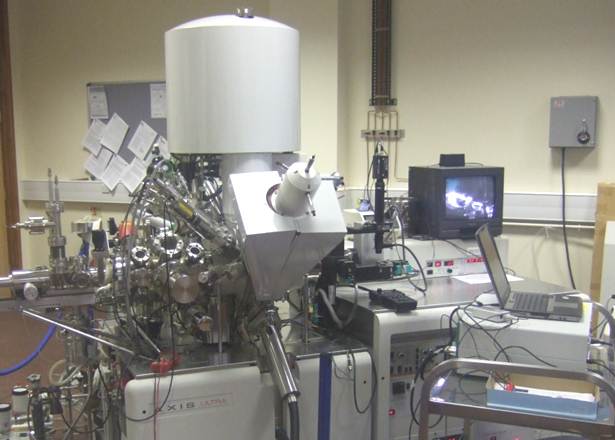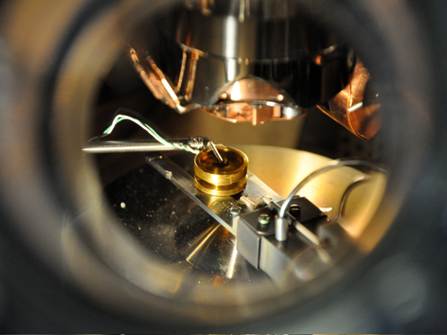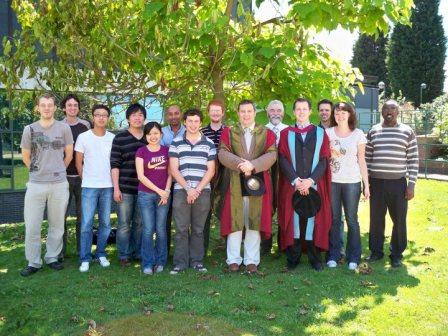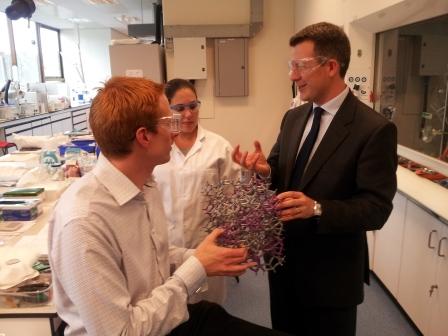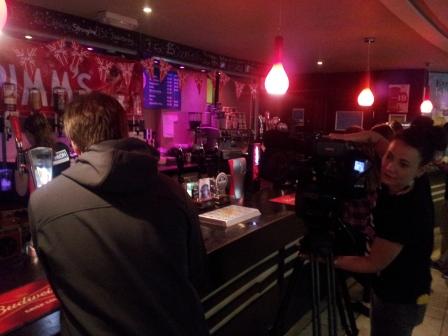A while since I wrote a blog post. I am currently involved in a project with the OECD Global Science Forum looking into the precarity of research careers and was asked to contribute a piece on career development. The blog has been copied from my LinkedIn profile.
When I completed my PhD ten years ago, I asked myself two big questions: where do I want to be in five years and how do I get there? These are the same questions that post-docs and research staff in the UK face today – and the answers aren’t always clear. There are few research-only careers in UK academia, and securing an academic post is highly competitive. The post-doc stage is ephemeral in nature – almost all post-docs will eventually transition into something new – which is why professional development so important.
Professional development involves developing an individual’s skills, knowledge, experience and aptitudes in order to advance in their career. For researchers in academia, it can encompass a range of activities:
– formal qualifications, training, mentoring and placements
– new responsibilities, such as supervision or managing a budget;
– informal activity – networking, reading more widely or attending conferences, talks and seminars to gain new knowledge or insights.
As most doctoral graduates and post-docs will not become academics, it is important that they are able to secure jobs in other sectors.
In the UK, the need to support early career researchers has been recognised for some time. Government reviews of STEM and research careers in the 1990s and 2000s highlighted the importance of training and career development for research staff, and in 1996, the representative associations of higher education institutions, the research councils, and the national academies launched a Concordat focusing on the careers of contract research staff. Even back then, it was clear that only a minority of research staff would follow exclusively academic careers, and that they needed better guidance and development to inform future career decisions. Now on its third iteration, the Concordat to Support the Career Development of Researchers places clear obligations on funders, institutions, research managers and researchers themselves to improve the working conditions and career progression of research staff.
Has support for the professional development of research staff in the UK improved over time? Surveys suggest a steady increase in the demand and uptake of professional development, and that researchers are devoting more time to career. University offices for researcher development are common in the UK, while the organisation Vitae provides national resources such as the Researcher Development Framework, which highlights how researchers’ skills may be applied to other careers. Funders such as UK Research and Innovation expect their grant recipients to embed the Concordat principles into practice: for example, by allowing research staff up to 6 hours a week away from their research projects to build wider expertise relevant for their future career. There are also more opportunities for early career researchers and students to gain professional experience in areas such as entrepreneurship and policy.
But there is still more to be done. A recent report from the Wellcome Trust showed that only a third of staff were offered training or career guidance by their supervisor in the past year. Uptake of training remains low in some cases, while pressure to complete research projects can push professional development and career planning to the side. Such trends are particularly worrisome amid the COVID-19 crisis, which has fuelled warnings of a “lost generation” unless early career researchers are supported. In such uncertain times, providing researchers with a broad set of professional skills, knowledge and experience becomes increasingly important – not only for their own careers, but for the benefit of the research community as a whole.





